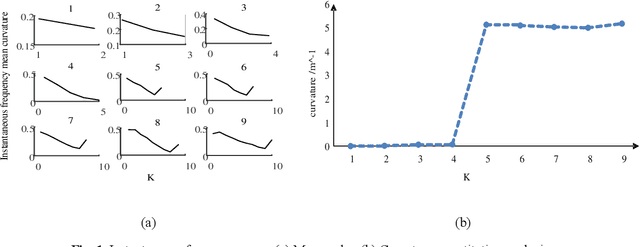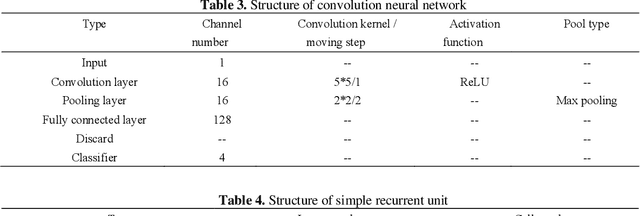Shunjiang Wang
A Robust Approach for the Decomposition of High-Energy-Consuming Industrial Loads with Deep Learning
Mar 11, 2022



Abstract:The knowledge of the users' electricity consumption pattern is an important coordinating mechanism between the utility company and the electricity consumers in terms of key decision makings. The load decomposition is therefore crucial to reveal the underlying relationship between the load consumption and its characteristics. However, load decomposition is conventionally performed on the residential and commercial loads, and adequate consideration has not been given to the high-energy-consuming industrial loads leading to inefficient results. This paper thus focuses on the load decomposition of the industrial park loads (IPL). The commonly used parameters in a conventional method are however inapplicable in high-energy-consuming industrial loads. Therefore, a more robust approach is developed comprising a three-algorithm model to achieve this goal on the IPL. First, the improved variational mode decomposition (IVMD) algorithm is introduced to denoise the training data of the IPL and improve its stability. Secondly, the convolutional neural network (CNN) and simple recurrent units (SRU) joint algorithms are used to achieve a non-intrusive and non-invasive decomposition process of the IPL using a double-layer deep learning network based on the IPL characteristics. Specifically, CNN is used to extract the IPL data characteristics while the improved long and short-term memory (LSTM) network, SRU, is adopted to develop the decomposition model and further train the load data. Through the robust decomposition process, the underlying relationship in the load consumption is extracted. The results obtained from the numerical examples show that this approach outperforms the state-of-the-art in the conventional decomposition process.
 Add to Chrome
Add to Chrome Add to Firefox
Add to Firefox Add to Edge
Add to Edge